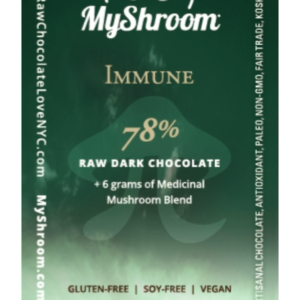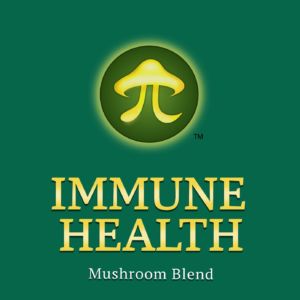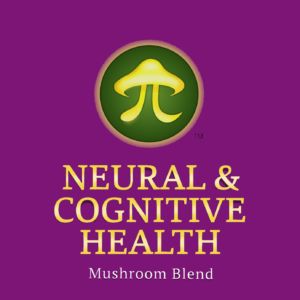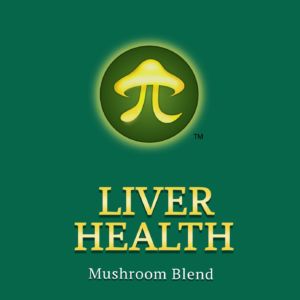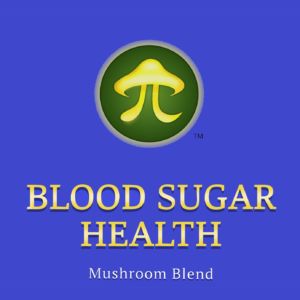Shop Our Mushroom Blends
Performance mushrooms, such as turkey tail and lion’s mane, have been shown to be immune boosting, anti-inflammatory, and may provide additional health benefits.
-
Mushrooms for Blood Sugar Support
- $200.00 – $580.00
- Select options This product has multiple variants. The options may be chosen on the product page


